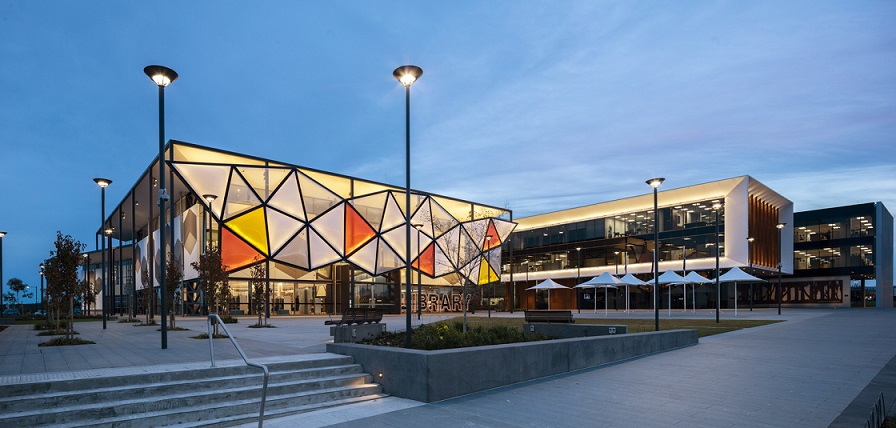
On Saturday, September 14, we will be heading to a polling booth to vote in new councils in outer South Western Sydney as part of the 2024 NSW local government elections.
That’s a fair way off, six months give or take, but take my word for it, behind the scenes, the whips are cracking.
Right now, much of the activity of those planning to seek election is away from the spotlight.
It includes setting up campaign headquarters and workshopping slogans and themes.
The public won’t get to see much of this until late July or early August, when the candidates will hit the road with their message to the voters.
But it doesn’t mean we can’t start a conversation now about what will be at stake on September 14.
As someone who has covered local government for 40 years I can say, without fear of contradiction, that councils are very, very important for their local areas.
Ignorant people sometimes dismiss councils as the lowest tier of government, the one that just collects rates and rubbish, and fixes the potholes on local roads.
Yes, it does all those things, but it also plays a key role in the kind of state and federal funding its area gets every year.
This is a crucial area, because it means better infrastructure for local residents.
But quite possibly a council’s most important role is to lead the way in attracting private investment to the area.
It can do this in a number of ways, including a business friendly approach and the promotion of what the area has to offer.
In some cases, it promotes confidence in the area by investing council funds into its own new infrastructure, from new council chambers to libraries or sports facilities.
Councils vary in how effective they are at being a major influencer in attracting private investment into job creating businesses and industries.
Some are better than others, obviously, and knowledgeable ratepayers in South Western Sydney would know if their council ticks all those boxes.
Those elected to council every four years have a major role to play in all of this, because they will be the equivalent of a board of directors setting the vision for their council, which is then executed by a general manager and senior staff.
We the voters will need to be on the lookout for candidates who have a passion for their area and want to play a role in making it even better.
In other words, we should only vote for those who convince us that they want to make a difference if they get elected.
Dismiss anyone you suspect is seeking office to make a name for themselves.
Next few months will be a time to ask such questions if we are serious about only electing candidates who are patriotic about their local government area.
In other words, we want to make sure our vote on September 14 counts everywhere, from Wollondilly to Liverpool and Camden (pictured) and Campbelltown in between.
Which means not voting for the first name you recognise on the ballot paper, but the one you know will make your area better.
